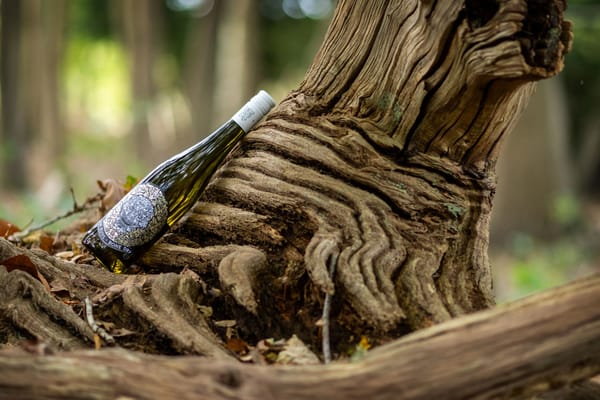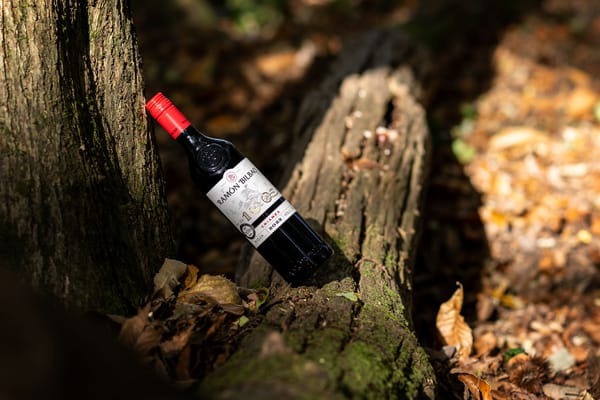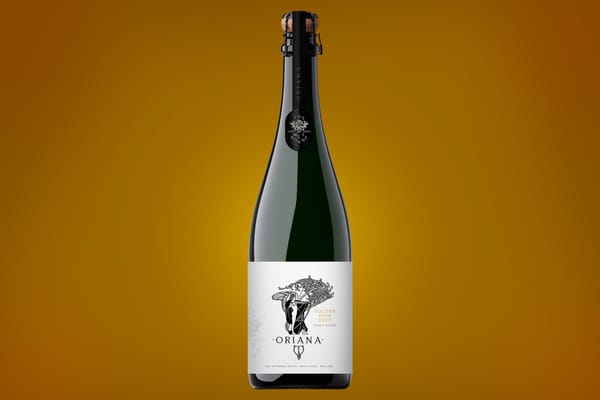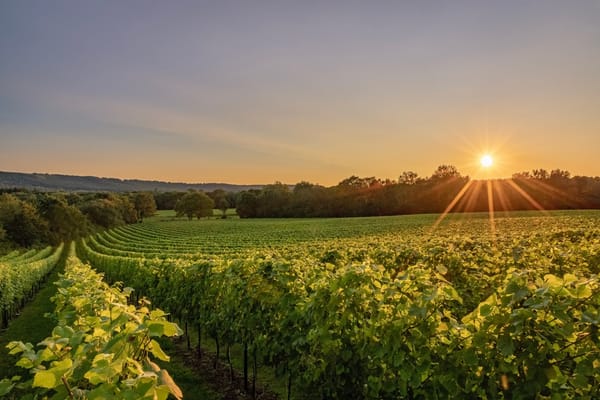Portugal
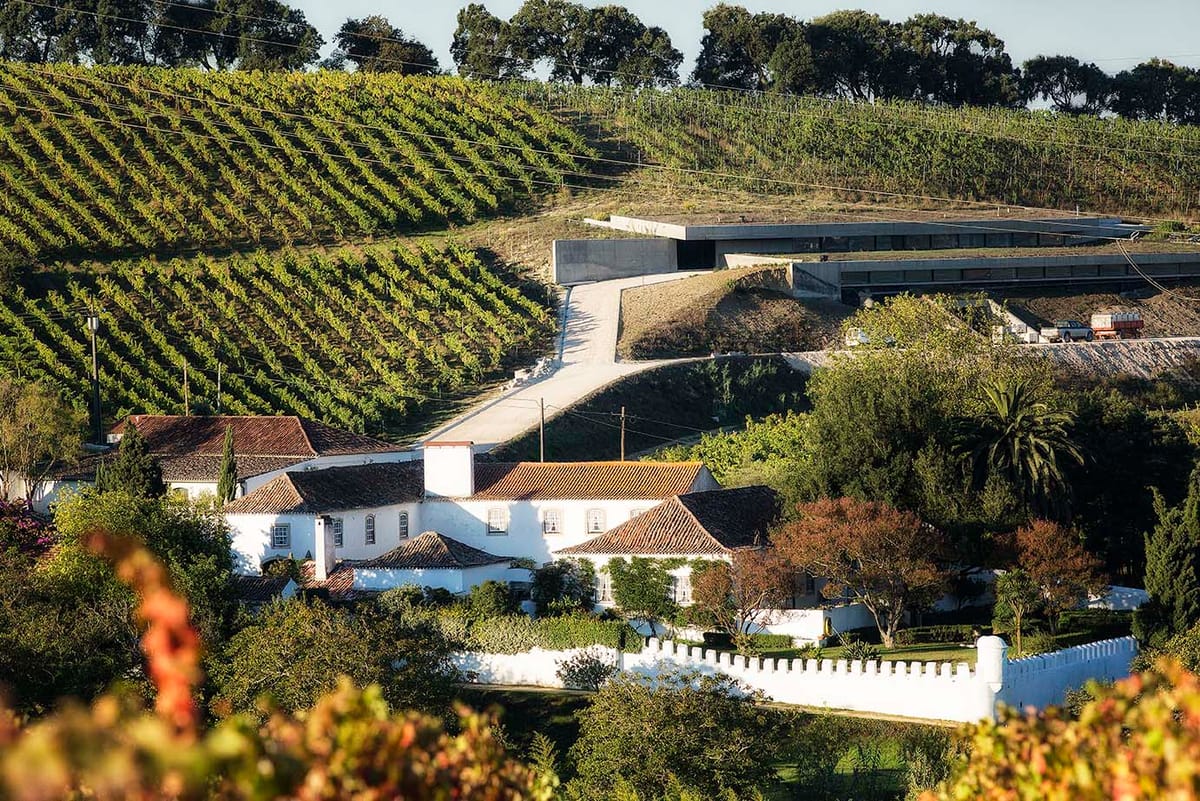
Portugal is one of the world's most intriguing and diverse wine-producing countries. With its rich history, a remarkable array of indigenous grape varieties, and varied terroirs, Portugal offers a wine experience unlike any other. From its celebrated Port wines to cutting-edge dry reds and whites, the country seamlessly blends centuries-old traditions with modern innovation, making it a haven for wine lovers seeking authenticity and quality.
A History of Winemaking in Portugal
Portugal’s winemaking heritage dates back over 2,000 years, with the Phoenicians, Romans, and later, the Moors contributing to its vinous evolution. However, it was during the Age of Exploration that Portuguese wine truly gained global prominence, with Port emerging as the country’s flagship export in the 17th century. The fortified wine became particularly popular in Britain due to trade agreements and its ability to withstand long sea voyages.
In the 20th century, Portuguese wines were largely known for rustic table wines and fortified varieties like Madeira and Port. However, a renaissance began in the late 20th century, driven by modernization, investment, and a renewed focus on quality. Today, Portugal is celebrated not only for its fortified wines but also for its innovative table wines that capture the essence of the country's diverse terroirs.
Major Wine Regions
Portugal’s geography plays a vital role in its winemaking, with a wide range of climates and soils shaping its wines. From the cool Atlantic coast to the sun-drenched interior, Portugal’s wine regions are as diverse as its grape varieties.
Douro Valley: As one of the world’s oldest demarcated wine regions, the Douro Valley is synonymous with Port but also produces exceptional dry reds and whites. The steep, terraced vineyards along the Douro River are planted with indigenous grapes like Touriga Nacional, Touriga Franca, and Tinta Roriz, yielding bold, structured wines with great aging potential.
Vinho Verde: Located in the north, this region is famed for its fresh, slightly spritzy white wines. Made primarily from Alvarinho (Albariño) and Loureiro grapes, Vinho Verde wines are light, crisp, and perfect for warm weather.
Alentejo: Known for its expansive plains and warm climate, Alentejo produces approachable and fruit-forward wines, both red and white. Key red varieties include Alicante Bouschet, Trincadeira, and Aragonez (Tempranillo), while Antão Vaz and Arinto dominate the whites.
Dão: Nestled in the central highlands, Dão is celebrated for its elegant, balanced reds made from Touriga Nacional and Tinta Roriz, as well as vibrant whites from Encruzado. The granite soils and cooler climate lend these wines a unique finesse.
Lisboa: Situated along the Atlantic coast, Lisboa benefits from cooling maritime influences. The region is highly diverse, producing a mix of reds and whites, often at exceptional value.
Setúbal: This coastal region is best known for its Moscatel de Setúbal, a luscious fortified wine made from the Muscat grape.
Madeira and Azores: These island regions produce distinctive fortified wines. Madeira’s wines are renowned for their longevity and complex flavours, while the Azores are gaining recognition for their minerally whites from volcanic soils.
Key Grape Varieties
Portugal’s greatest asset is its treasure trove of indigenous grape varieties, many of which are found nowhere else in the world.
Touriga Nacional: Often considered Portugal’s finest red grape, Touriga Nacional is a key component of both Port and dry red wines. It produces deeply coloured wines with intense flavours of dark fruit, floral notes, and firm tannins.
Alvarinho: Known for its vibrant acidity and citrus-driven character, Alvarinho is the backbone of many Vinho Verde wines.
Arinto: A versatile white grape that thrives in various regions, Arinto produces wines with bright acidity, minerality, and citrus notes.
Trincadeira: A popular red variety in Alentejo, Trincadeira yields wines with ripe berry flavours, spice, and smooth tannins.
Baga: Predominantly grown in Bairrada, Baga produces tannic reds with high acidity, ideal for aging.
Encruzado: A rising star among Portuguese white grapes, Encruzado from the Dão region creates complex, structured whites with notes of stone fruit and herbs.
Innovation and Sustainability
Portugal’s winemakers are embracing sustainable and innovative practices, balancing respect for tradition with a forward-thinking approach. Organic and biodynamic farming is on the rise, and there is a growing movement toward low-intervention winemaking.
In addition, Portugal has become a leader in cork production—a natural and renewable resource that plays a vital role in the wine industry. Many wineries are now promoting cork’s sustainability as part of their identity.
Winemakers are also exploring lesser-known grape varieties, reviving old vineyards, and experimenting with fermentation techniques like amphora aging, which connects modern practices to ancient traditions.
International Recognition
While Port and Madeira remain icons of Portuguese wine, the country’s table wines have gained international acclaim for their exceptional value and quality. Producers like Barca Velha, Herdade do Esporão, and Luis Pato are among those leading the charge on the global stage.
Portugal's wines have become a favourite among sommeliers and wine lovers for their authenticity, diversity, and balance. The country’s export markets continue to grow, with the United States, Germany, and the United Kingdom leading the way.

